Hey there friends! We hope you all had a wonderful Thanksgiving break – around here, I’m just a tad tired of Turkey and Mac & Cheese ;)Today’s blog post is inspired by one of my clients (I will not be sharing their name, niche, etc) who came to me needing immediate help because upon hiring another designer to redesign their website, their website analytics tanked; thus, client inquiries also tanked. I’m going to be continuing this series in a case study format so that we can walk through different parts of revamping her website back to gaining traffic. We will be walking through how she knew something might be wrong with her website, some tips/tricks for finding this out for your own website and the action items we took to get her website back on track. In light of today’s post, you can refer back to how you can optimize your website’s SEO – SEO has become one of the most successful drivers of a user-heavy website which means you need to know what it is and how you can optimize it for your business. With SEO doing so much GOOD to your business, let’s talk about what kind of BAD it can also do. There are two scenarios that may happen for SEO to not be doing anything to your website: A) it’s not implemented at all on any pages and B) there was little to no research done on your ideal client/keywords. I do want to preface this by saying that SEO can also take a longer period of time to take action – it’s definitely not an overnight win and it’s not always something that can be fully optimized on the first go around. If this is the case, continue looking at your analytics and see how you can change strategy to do better.S o, what are the ways that SEO can be “bad?”
2. Bad links need to be redirected. First I’ll answer this: Why would you need redirects? Think about if you converted from an old website domain to a new website domain. All of the links that once linked to your old domain now need to redirect to the content on your new domain. Example: say I moved from chloecreative.com to chloecreativestudio.com – the page chloecreative.com/about would need to be redirected to chloecreativestudio.com/about. Otherwise, it would be broken. Broken links do not settle well with Google!
3. Slow loading times/page speeds should be paid attention to. For some websites, it’s obvious that the page takes a while to load, but for others, it might be a slow load-time on the database side. To be sure of this, check your website via the Google PageSpeed Insights and see what your website’s load time is. If it’s bad, see what might be causing it to be bad: this can be due to images not being compressed, too much unnecessary code, or lack of a CDN (content delivery network.)
All of these factors combined together (and a few more that I haven’t discussed) can be detrimental to your online business. It’s essential that your website designer/developer does all types of user experience testing: load time checks, broken link checking, and optimizing all of your images. Many people believe that website designers/developers are too expensive for what they do, but it’s more-so the fact of what happens if they don’t do their job correctly. Website designers/developers hold a lot of weight when designing a website – if SEO goes wrong, views can tank, which leads to a lack of clientele which leads to an online business failing. However, it’s not always the designers fault when these things may happen: maybe your keywords are too high in rank, maybe your website platform wasn’t the best suited for your job type. It’s best to have a conversation, get to the root problem by looking at your analytics, and then discuss a plan of action to fix your SEO issues.

© Copyright 2018 – 2024 Chloe Creative Studio. Privacy Policy. Terms. North Carolina. Photography by Sara Coffin Photo. Designed by Us :)